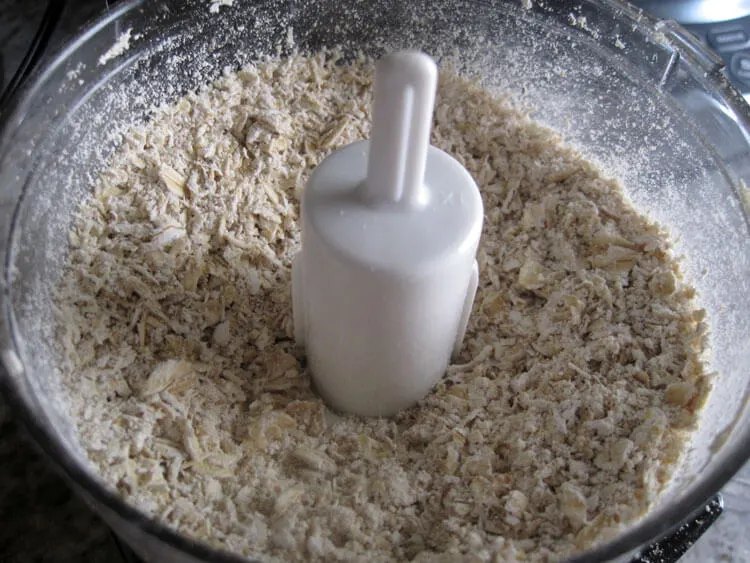Vitamins for German Shepherds: Importance for Dog Health
Vitamins for German Shepherds play a vital role in this dog breed’s health. Explore these nutrients’ vital roles, from bolstering their immune system to promoting strong bones and a shiny coat.
This blog post is just an informational post to show the importance of vitamins in German Shepherd dogs. This is not a recommendation for any vitamin supplements. If you think your dog needs supplements then consult with your vet.
Vitamins for German Shepherds
In order for the musculoskeletal system of such a large dog as a German Shepherd to develop correctly, it needs to be given vitamins on time, both in natural form and in the form of tablets. Both adult dogs and puppies.
In the first year of growth formation, the puppy experiences a huge load on the limbs, therefore, due to the lack of dietary supplements, there is a risk of developing various diseases.

In order for the body of a growing puppy to function normally, you must properly feed your pet either homemade food or dry food. But no matter how hard you try, food alone is not enough, especially if you save on the quality of feed.
To maintain the physical development and proper growth of the German Shepherd, vitamins must be added to the diet not only in their natural form but also in the form of mineral supplements in the form of tablets or powder.
The Role of Vitamins for German Shepherds
Vitamins are essential organic compounds that play a crucial role in your dog’s overall health. They act as coenzymes, assisting in various biochemical reactions that are vital for maintaining their body’s functions. For German Shepherds, getting the right balance of vitamins is essential for several reasons:
Immune System Support
Vitamins for German Shepherds, such as vitamin C and vitamin E, are known for their antioxidant properties, which help combat free radicals and strengthen your dog’s immune system. A robust immune system is essential in keeping illnesses at bay.
Bone Health
Vitamin D and calcium are essential for strong bones and teeth. German Shepherds are a large breed, and maintaining bone health is crucial to prevent issues like hip dysplasia.
Skin and Coat Health
Vitamins like biotin and vitamin A promote healthy skin and a shiny coat. Your German Shepherd will not only look great but also feel comfortable.
Energy Production
B-complex vitamins, including B1, B2, and B6, play a crucial role in energy metabolism. They help convert food into energy, keeping your dog active and lively.
Growth and Development
For German Shepherd puppies, vitamins are essential for proper growth and development. Adequate nutrition during this stage sets the foundation for a healthy adulthood.
Sources of Vitamins
Now that you understand why vitamins are vital, let’s talk about where to find them. Ideally, your dog should get most of their vitamins from a well-balanced diet. High-quality commercial dog food typically contains all the essential vitamins your German Shepherd needs.
However, you can also provide supplementary vitamins if recommended by your veterinarian.
Now we will tell you the vitamins for German Shepherds one by one that are necessary for their diet.
Best Vitamins for German Shepherd
Here we will discuss in detail which are the best vitamins for German Shepherd.
Vitamin A
High content in apples, carrots, liver, and milk. Responsible for the proper metabolism of the skin and mucous membranes. If a German Shepherd does not receive enough vitamin A, then its immunity sharply weakens, and the functions of the skin and mucous membranes become impaired.

Vitamins B
This group includes vitamins B1, B2, B3, B6, B9, B12. Contained liver, yeast, and dairy products. They are responsible for general metabolism – fats, carbohydrates, and proteins. If there is a lack of this group of vitamins, the dog will have serious problems with its coat.
Vitamin C
This vitamin is called ascorbic acid and is found in tomatoes, cabbage, liver, kidneys, and potatoes. Responsible for metabolism in tissues that perform the function of connection.
Also promotes good calcium absorption. The lack of ascorbic acid threatens weakness in the joints of the tissues of the body, leaching of calcium from the bones.
Vitamin D
High content in fermented milk products, cottage cheese, cheese, vegetable oil, seafood, and some herbs. Responsible for the absorption of calcium and phosphorus. Due to deficiency, rickets may develop.
Vitamin E
Found in vegetable and olive oils. Responsible for carbohydrate metabolism, hormonal levels, and fat breakdown. A deficiency in the body can cause problems with the heart, muscles, and bearing offspring. It can lead to stillbirth and, as a result, infertility.
Vitamin K
High content in cabbage, nettle, and lettuce. Responsible for blood clotting.
Vitamins for German Shepherd Puppy
A German Shepherd puppy grows very quickly, In order to form a strong skeleton, he should be given a supplement containing calcium in sufficient quantity for a certain age:
- Calcium gluconate.
- Calcium glycerophosphate.
- Phosphorus.
- Chondroitin sulfate.
- Glucosamine.

Calcium gluconate and calcium glycerophosphate exist in the form of tablets; they are started by giving a one-month-old puppy one tablet of each substance. Until six months, the puppy should receive these tablets in increasing order, that is, already at two months, he is given two tablets, at three – three, etc.
Do not forget that calcium is difficult for the German Shepherd to absorb, especially in tablets. Therefore, it must be given along with dairy products. Calcium and phosphorus are responsible for the strength of the puppy’s bones. Chondroitin sulfate and glucosamine are responsible for the formation of ligaments and cartilage in the correct form.
Caution: Avoid over-supplementing, as excessive amounts of certain vitamins can be harmful to your dog’s health. Always consult with a veterinarian before adding supplements to your dog’s diet.


